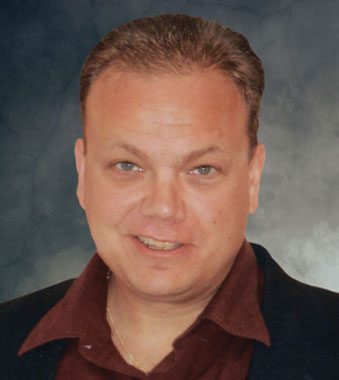
At a time when they seek to “unite” their party and regain the power that it squandered during the tenure of Bush II, the spectacle of Republicans shouting from the rooftops over the prospect of their fellow adult citizens being permitted to purchase pot appears singularly inappropriate. Most Americans no more care about this than they care about deploying their sons and daughters throughout the world as missionaries to spread the Gospel of “Global Democracy,” or whatever we’re calling it these days.
Considering that neoconservative Republicans fear the “e” word — “extremism” — about as much as they fear the “r” word (“racism”), they should resist the impulse to wax hysterical over the fact that some American adults resent being charged with a crime for ingesting potentially harmful substances.
Even intellectually, however, the opponents of legalization are on shaky ground.
First of all, neoconservatives are both untruthful and unfair when they accuse their rivals of being a bunch of junkies whose sole motivation is the desire to use drugs themselves. But even if it were true, it would still be logically irrelevant. As the “father” of Western logic, Aristotle, noted, the circumstances of an arguer have no logical bearing on the soundness or cogency of his conclusions. To suggest otherwise is to commit a special version of an ad hominem fallacy.
In other words, even if the champions of decriminalization were all stoned out of their minds, they may still be right.
Closely related to this first cheap shot is another to which many neoconservatives are all too ready to resort. Not infrequently, they suggest that it is those “libertarians” — those unhinged, marginal, drug-happy “extremists” — who are pushing for all of this legalization business. “Libertarian” functions as a subtle epithet here, just as dishonest and just as fallacious as any other ad hominem attack.
It is, of course, true that libertarians overwhelming tend to endorse the decriminalization of drugs. Yet this is because, like those of us conservatives who still want to conserve the civilizational inheritance bequeathed to us by our Founders, they value liberty. In fact, some “libertarians” are among the brightest lights of “the conservative movement.”
Are Milton Friedman and Thomas Sowell dope-smoking burn-outs?
In September of 1989, Friedman wrote an open letter to Bill Bennett, who was then the drug czar of the first President Bush. Friedman implored Bennett to radically reconsider his plans for combatting drugs, for, he alleged, they promise to produce “more police, more jails, use of the military in foreign countries, harsh penalties for drug users, and a whole panoply of repressive measures [that] can only make a bad situation worse.” He assured Bennett that the “drug war” of his “cannot be won by those tactics without undermining the human liberty and individual freedom that you and I cherish.”
Friedman readily conceded that “drugs are a scourge that is devastating our society.” Yet he chastised Bennett for “failing to recognize that the very measures you favor are a major source of the evils you deplore.” It is the illegality of drugs that “creates obscene profits that finance the murderous tactics of drug lords,” “leads to the corruption of law enforcement officials,” and “monopolizes the efforts of honest law forces so that they are starved for resources to fight the simpler crimes of robbery, theft and assault.” (Emphasis added.)
Friedman noted that had drugs — not just marijuana, mind you, but all drugs — been decriminalized 17 years earlier when he first called for it, crack cocaine never would’ve been invented, for “it was invented because the high cost of illegal drugs made it profitable to provide a cheaper version.” Thus, “there would today be far fewer addicts” and “the lives of thousands, perhaps hundreds of thousands of innocent victims” throughout America, particularly in its “ghettos,” and beyond “would have been saved.”
In “Drug Addicts and Busy Body Addicts,” Thomas Sowell echoes many of Friedman’s sentiments. He writes: “Bad as drugs are — and many of them are deadly — it is not the drugs themselves but the illegality of drugs that is corrupting individuals and whole communities.” (Emphasis in original.)
Sowell refers to the “morally anointed,” those “liberals” and “conservatives” who “will never give up their attempts to tell other people what to do — and get the government to impose their beliefs on others.” He calls them “crusaders” who “like to talk about ‘solutions’” while failing to recognize that “life is actually one trade-off after another.”
Sowell insists that if “the morally anointed” traded off their zeal to criminalize drug usage, then the rest of us could receive in return “an end to drug-related murders of policemen and of innocent bystanders in neighborhoods where drug wars take place”; “a substantial reduction of the nation’s prison population, relieving over-crowding and providing space to hold violent criminals”; and “an end to drug-financed corruption of law enforcement officials, including judges, and of politicians here and in foreign countries.”
There are no solutions, here, only trade-offs. Criminalizing drug use comes at a great cost. While being bombarded by all the rhetoric pervading this debate, Sowell interjects some sober thought. It all boils down to one fundamental question: “What are you prepared to give up in order to get what you want?”



